Special sessions at CHEST 2025 will guide attendees through the past, present, and future of the topics that have defined CHEST’s first nine decades.
Six “90 Years of Progress” sessions in honor of CHEST’s 90th anniversary will be held on Monday, October 20, and Tuesday, October 21, in the McCormick Place Convention Center. Leading experts in mechanical ventilation, TB, lung cancer, diffuse lung disease, respiratory vaccines, and asthma will reflect on the lessons of the past, discuss the current state of patient care and clinical practice, and preview what might be possible by the time CHEST turns 100 in 2035.
Mechanical Ventilation
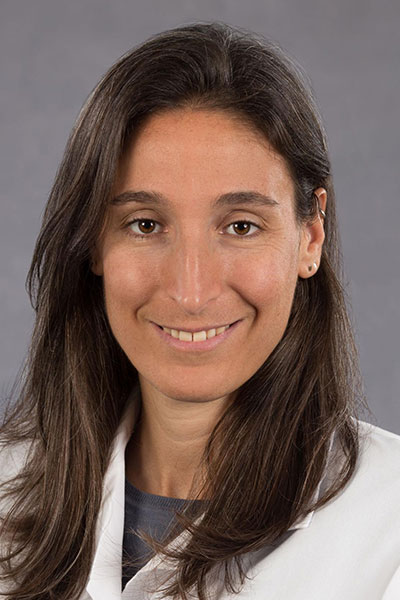
90 Years of Progress: Mechanical Ventilation – Past, Present, and Future
Monday, October 20
8 am – 9 am CT
Lakeside Center, Room 451A
“Critical care has come a very long way in the past 90 years, and some of the most fundamental and exemplary aspects of that journey can be seen through mechanical ventilation [MV],” said Session Chair Hayley B. Gershengorn, MD, FCCP, Professor of Clinical Medicine at the University of Miami Miller School of Medicine and Editor in Chief of the CHEST® Critical Care journal.
“ICU care as we know it really began when astute clinicians noted benefits to cohorting patients with respiratory failure who required MV. As such, the origins of the ICU are hopelessly intertwined with MV. Over the ensuing time, we’ve come to understand that it is not just that we provide MV but how we provide it that matters. And more recently, we’ve seen a real surge in the availability, evidence for, and thus use of noninvasive mechanical ventilation devices [noninvasive positive pressure ventilation and high-flow nasal cannula]. Finally, as technology evolves, it seems like a major lifesaving device such as MV will continue to evolve too into the future.”
TB
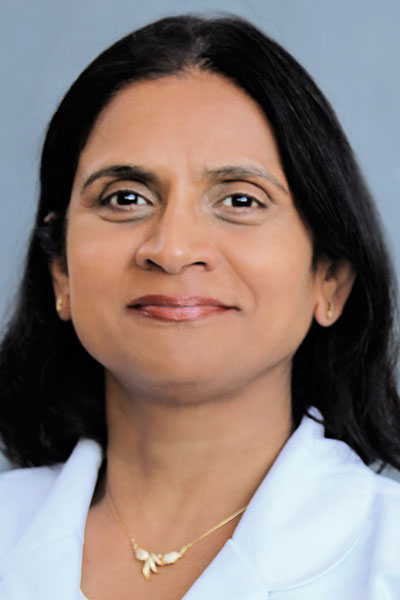
90 Years of Progress: TB – Past, Present, and Future
Monday, October 20
9:15 am – 10:15 am CT
South Building, Room 403AB
“CHEST started as a TB meeting when TB was a leading cause of death in the US, and we are excited to present an update on this still very important disease,” said Session Chair Sonal Munsiff, MD, FIDSA, Professor of Medicine in the Infectious Diseases Division at the University of Rochester.
“Presently, TB is the leading killer from a single infectious agent worldwide, with over 10 million cases annually. Drug-resistant TB has become common in most parts of the world. Clinicians continue to encounter this disease regularly in the US as well. Many new treatments and diagnostics have become available for TB in the past decade. This session will cover some of the major achievements in the past 90 years, the current state of the art, and an overview of the many exciting diagnostics and drugs that are in development.”
Lung Cancer
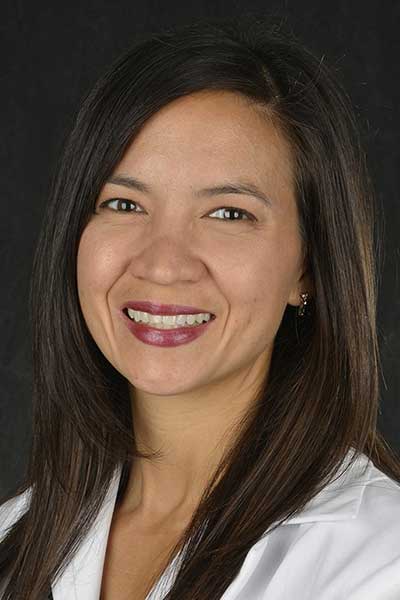
90 Years of Progress: Lung Cancer – Past, Present, and Future
Monday, October 20
1:30 pm – 2:30 pm CT
South Building, Room 403AB
“Over the past 90 years, pulmonologists have had an increasing role in the diagnosis, staging, and early detection of lung cancer due to revolutionary advances in bronchoscopy and lung cancer screening,” said Session Chair Nichole T. Tanner, MD, MSCR, FCCP, Professor of Medicine in the Division of Pulmonary Critical Care Medicine at the Medical University of South Carolina.
“The landscape for treating lung cancer has rapidly evolved with more multimodal approaches that truly embody and highlight the need for multidisciplinary care—often spearheaded by pulmonologists. CHEST has been at the forefront of fostering multidisciplinary collaboration, education, and patient care, with thoracic oncology as an exemplar. The journey of the field of thoracic oncology over the past 90 years is an exciting topic to explore. Attendees can also look forward to learning about the evolving role of artificial intelligence into various aspects of lung cancer care, including pulmonary nodule evaluation and prediction of treatment response.”
Diffuse Lung Disease
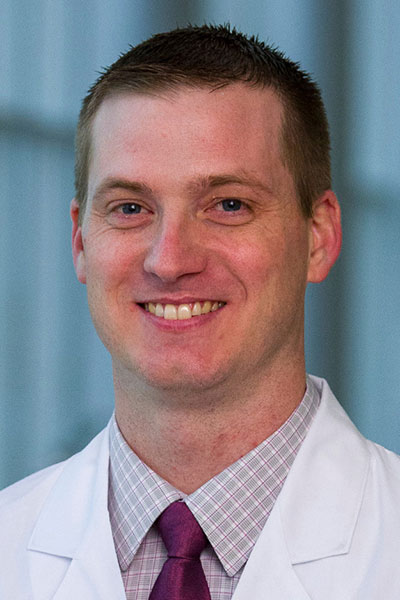
90 Years of Progress: Diffuse Lung Disease – Past, Present, and Future
Monday, October 20
3:15 pm – 4:15 pm CT
South Building, Room 503
“Interstitial lung diseases [ILDs] represent some of the most complex and devastating conditions in pulmonary medicine. Over the past 90 years, sentinel observations including the first histopathologic descriptions and the codification of idiopathic pulmonary fibrosis criteria led to the development of antifibrotic therapies, which has dramatically reshaped how we diagnose and treat these diseases,” said Session Chair Chad A. Newton, MD, Associate Professor of Internal Medicine at the University of Texas Southwestern Medical Center.
“Reflecting on the past allows us to appreciate the progress achieved through scientific perseverance and collaborative research, while focusing on the present highlights the rapid pace of discovery over the last five years that is fundamentally altering how we define and manage ILD. Looking forward, ILD care will be transformed through precision medicine and biomarker-driven approaches to improve early detection and discover novel therapeutics, continuing the trajectory of progress that CHEST has championed for nearly a century.”
Respiratory Vaccines
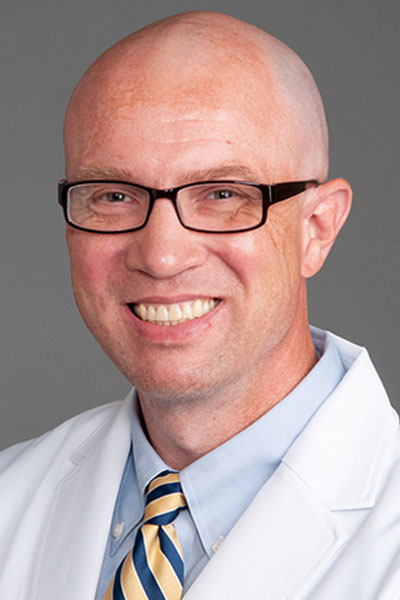
90 Years of Progress: Respiratory Vaccines – The Past, Present, and Future
Tuesday, October 21
9:15 am – 10:15 am CT
South Building, Room 403AB
“Vaccines are one of our most valuable tools to protect our patients, who are at increased risk of severe respiratory disease, from becoming sick. We’ve had a golden age of vaccine development in the last several years in particular, and it’s important both to celebrate those scientific achievements and, on some level, to defend them,” said Session Chair Ryan C. Maves, MD, FCCP, Professor of Medicine in the Sections of Infectious Diseases and Critical Care Medicine at Wake Forest University School of Medicine.
“We’ll be talking about the history—how we got to where we are in terms of preventing respiratory illness, the cost paid by patients and society when we didn’t have these tools. We’ll be looking at the basis of our current recommendations for respiratory vaccines and how we can move forward as a clinical and scientific community to advocate for vaccination on behalf of our patients. And then future technologies—not just mRNA vaccines but other ways that we can improve the safety and efficacy of vaccines that are under active investigation right now and things that we can look forward to in the coming years.”
Asthma
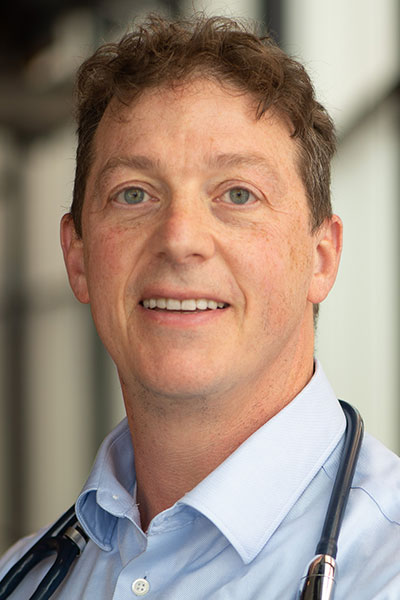
90 Years of Progress: Asthma – Past, Present, and Future
Tuesday, October 21
2:45 pm – 3:45 pm CT
South Building, Room 403AB
“Asthma care has evolved significantly in the last century. We have made huge advances and have significantly impacted morbidity and mortality of asthma,” said Session Chair Michael E. Wechsler, MD, MMSc, Professor of Medicine and Director of the NJH Cohen Family Asthma Institute at National Jewish Health.
“We will review our key learnings about asthma pathogenesis and treatment that have led us to where we are today, and we will give insight into future asthma management. Changes in asthma management have been revolutionary in the last decade, but our goals are to induce remission and even disease modification, leading to an asthma cure.”

Call for Topics Is Open
Feeling inspired by all the great sessions in Chicago? Help shape the curriculum for CHEST 2026, October 18 to 21 in Phoenix, by submitting topic ideas from areas you’re passionate about, topics affecting your practice, or new technologies you’d like to learn more about. The submission deadline is Tuesday, December 2, at 2 pm CT.


